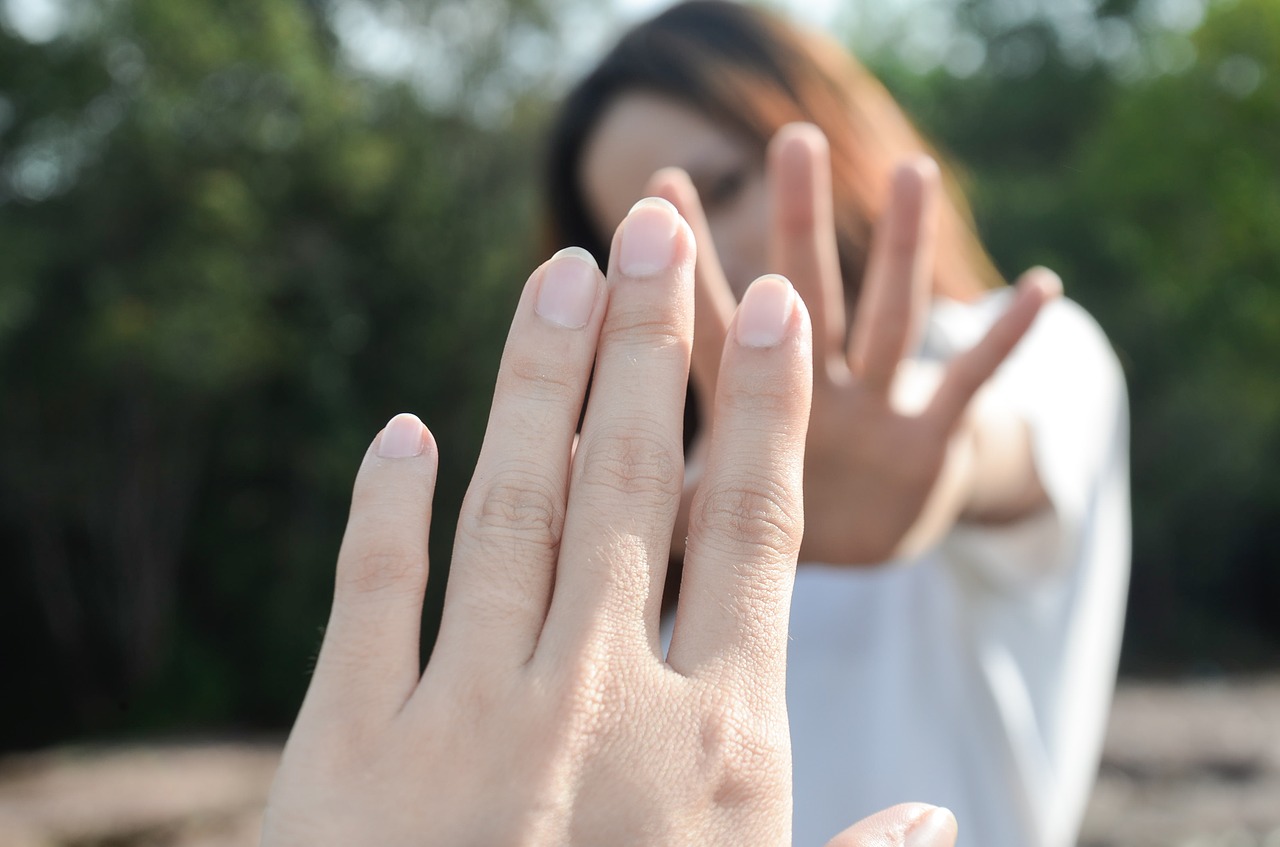
When my good friend, Nikki, told me a few days ago that her father had just passed away from natural causes, my first reaction was to offer sympathy. Then I asked, “What are the funeral arrangements?”
Her answer: “I’m not sure. We will have a memorial service, but we don’t know when. This pandemic is kind of getting in the way.”
Well, yes, it is.
Nikki and I are part of a group of friends who met playing tennis over 20 years ago. We’ve celebrated and helped each other over the years, through marriages, births, divorces and deaths.
Our Commitment to Covering the Coronavirus
We are committed to reliable reporting on the risks of the coronavirus and steps you can take to benefit you, your loved ones and others in your community. Read Next Avenue’s Coronavirus Coverage.
But after Nikki’s response, I was stumped. How was I going to support her through the grieving process, when there was no memorial and when we were all supposed to be practicing “social distancing?” I reached out to experts to get some ideas.
The New Rules of Gathering
David Kessler, a Los Angeles-based authority on grief and founder of Grief.com, is in a similar situation. Someone he knows recently died. “This is a strange new world of grief,” he says. “If we can’t gather for a funeral, mourning gets very complicated.”
In the blink of an eye, the world’s burial rituals — which have traditionally helped people through the grieving process — have changed. Italy has banned traditional funeral services. Countries around the world (including the U.S.) have suggested limits on the amount of people attending services.
People over 60 may have the toughest time attending funerals of family members or friends. The U.S. Centers for Disease Control and Prevention (CDC) has recommended that those at a serious risk of COVID-19 avoid gatherings of 10 or more, and older people are at highest risk. Some funeral directors, including Virginia Kerr Zoller, co-owner of Kerr Brothers Funeral Homes in Lexington, Ky., are already suggesting that people’s older relatives stay home, according to a recent article in the Lexington Herald-Leader.
“Reach out through phone calls, and leave a message if necessary. Even just saying ‘This is really hard,’ is very healing.”
James Olson, funeral director of Olson Funeral Home and Cremation Service in Sheboygan, Wis., and a spokesperson for the National Funeral Directors Association, notes that Wisconsin’s governor declared that no gathering be larger than 10 people. This seems to be the most common suggestion around the country. But, as Olson notes, this could change daily or even hourly.
Matt Levinson, president of Sol Levinson and Bros. Funeral Home, serving the Jewish community in Baltimore, says they are still conducting burials quickly (as commanded by Jewish law), but are recommending that only the immediate family of 10 people or less attend. The funeral home is also offering the option to conduct the memorial service at a later date.
Levinson and his team are offering comfort the best way they can during this time — by alleviating some of the worry of gathering.
“Funeral arrangements are made over the phone, chairs are continually sanitized and spaced farther apart at the cemetery, and gloves are used for people who want to use a shovel to place earth in the grave,” he says.
Levinson also notes that he is working hard to keep his staff healthy. He has them working in shifts, not only to protect them from infection, but also to give them time off to handle the daily demands of this crisis.
One thing that hasn’t changed: informing friends and family about a recent death through phone calls, texts, newspaper obituaries and in Facebook posts. What’s missing are funeral arrangements, and details about gatherings such as shivas, where, in the Jewish tradition, loved ones and friends get together at a home for a week after the burial to support the family of the deceased.
Phone Calls Are Important
So if we can’t mourn together in person, how do we offer comfort?
“We aren’t able to hug, and physically connect, so we need to rely on using our words,” says Kendall Kridner-Protzmann, a pastor of congregational care at St. Andrew United Methodist Church in Highlands Ranch, Colo.
Kridner-Protzmann suggests calling mourners frequently. “Reach out through phone calls, and leave a message if necessary. Even just saying ‘This is really hard,’ is very healing.”
“When you can’t be physically present with a grieving loved one, you can still offer your emotional presence,” says Kelila Johnson, founder of Communing with Grief in Seattle. “There is solace in sitting quietly with someone, even if it’s over the phone or a video call. Often what grievers need most is to know that they don’t have to speak but that they are safe to speak, if they wish.”
Kessler suggests that in the first week after someone has passed, check in with loved ones multiple times. “If the person is in tears for an hour, you probably need to call daily,” he says. “If the mourner says that things are okay, you can probably check back in a couple of days.” He also strongly recommends calling instead of texting, and using FaceTime or Skype, to create a visual connection.
Technology Can Help
When you can’t gather in person, technology offers opportunities to comfort:
- As mentioned, video calls are a great way to deepen your connection beyond audio.
- Live streaming, which has been available for long-distance loved ones to view funeral services for many years, is now a necessity.
- Social media is also helpful. “I’m usually not a big fan of Facebook,” says my friend Nikki. “My sister suggested we announce my dad’s passing on it, and I was floored by the comments we received.” Not only did Nikki receive hundreds of condolences, but she also heard from people from her childhood who shared stories about her father. “It was the greatest thing to hear from so many people. It really made me feel better,” she says.
Other Ways to Show You Care — In Person
I also learned four creative ways to get out and about to support those who are grieving.
Visit the grave. Just because you weren’t able to go to the burial, that doesn’t mean that you can’t go to the cemetery. “Any time after the burial, and while cemeteries are still open, you can go to the gravesite on your own, or at a distance from others, and pay your respects,” says Olson. Letting loved ones know you did this can offer comfort.
The bottom line: We’re all struggling during this health crisis, but people mourning the deaths of their loved ones really need our support.
Bring food. “When you go food shopping, buy a bag of fruit for your friend, and drop it off,” says Kessler. “You don’t even need to go in the house.” Does your friend have a favorite restaurant? Order takeout, and deliver it.
Walk together — at a distance. Exercise is important to our mental and physical help at any time, but especially when grieving. “If you live nearby, offer to go for a walk with your friend,” suggests Dave Wyner, psychotherapist and certified grief counseling specialist in Louisville, Colo. “Make sure to follow health experts’ advice on keeping your distance. It might feel a little weird to walk that far apart from each other, but it can still feel incredibly supportive to the person grieving. It really comes down to helping them know they’re not alone with their pain.”
Volunteer. Obituaries often list charities you can donate to in someone’s honor. “Why not volunteer for that charity, by helping them out in person?” suggests Olson. He gives an example of The Humane Society. Instead of donating money (or in addition to it), you could offer to walk dogs, in the name of the deceased, he says. This is needed all the time, but now, it may be especially helpful.
How I’m Helping My Friend
Now that I’ve learned how to provide solace and love to those grieving during the pandemic, I’m planning to reach out to Nikki more often by phone. I will give her space to talk and I will listen.
I’m also going to offer to take a walk or a bike ride together (at a distance, of course). And I’m going to ask her what type of meal she and her family would like me to deliver.
The bottom line: We’re all struggling during this health crisis, but people mourning the deaths of their loved ones really need our support. While you may not be able to offer comfort through traditional grieving rituals, I hope these suggestions can help in a time when it is so needed.
